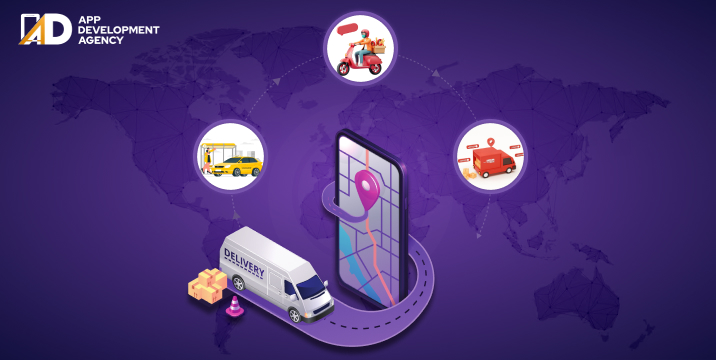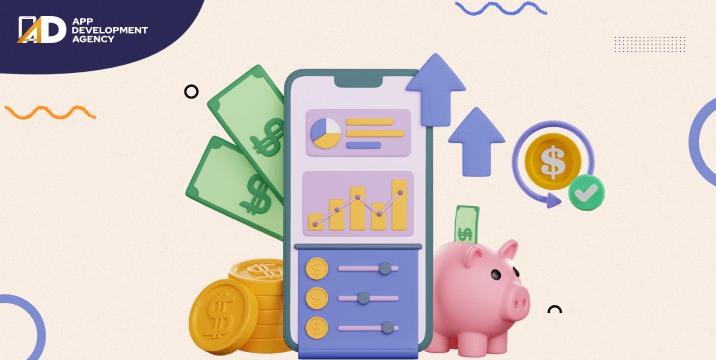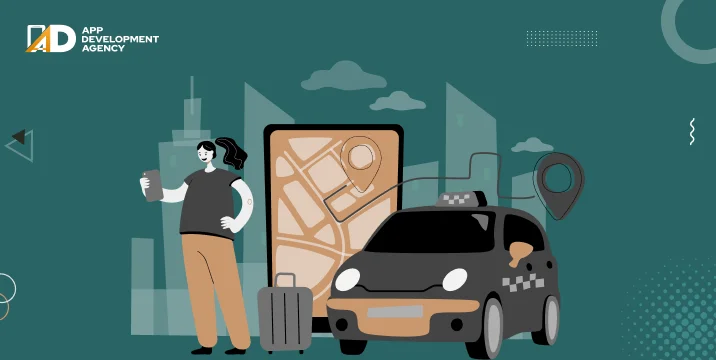All of us have a responsibility to leave for future generations, a planet that is healthy and habitable by all species. Going forward, the Corona crisis is alarming and a much-needed wakeup call that will arouse our creativity. As we hear a lot about ‘message front-loading’ in communication these days, i.e. important things in the first few seconds of the message. The overwhelming emotion lets creativity follow a natural course, not directed as much by market considerations. Harsh circumstances have often been conducive for varied P2P payment options as WHO has projected people to make use of contactless technology wherever possible. In a protective measure to contain the spread, the global financial sector also sees the possibility of rediscovering what’s forgotten, this is going to be true not only for the ideas and creativity but also the financial institutions follow their banking processes. Being Immune to COVID-19, how futuristic is Cryptocurrency?
This epidemic turned pandemic in the form of COVID-19 outbreak has propelled central banks to resort to quarantining physical bills and some are even going as far as burning banknotes. Some Korean Banks have resorted to keeping currency notes safe for up to two weeks as the virus usually dies in nine days.
The Chinese government asked lenders to both disinfect bills and keep them safe for up to 14 days depending upon the region they came from. Federal Reserve also sets the notes aside for 7-10 days before re-circulating them. This is because banks acknowledge that banknotes might contain bacteria and viruses and people are advised to wash their hands properly before and after handling the money
Most of the banks are risk-averse and the precautionary measures that they are following do not fully reflect the actual risk. But these are certainly a good metric for how the banks think about making use of physical cash. This scenario accelerates the need for the banks to adopt their digitized currencies while some other runs on block-chain solutions. Officials claim that real-time digital payments are inevitable and banks likely need to soon issue their digital currencies.
The above discussion details the need to have cashless payment options and the inevitable need to accelerate crypto-currencies in the economy but who is responsible for afloat this protocol? Who is going to delegate and own the rules behind them?
Cryptocurrencies allow users to make cashless transactions effortlessly. The flexibility of technology will allow for a more innovative transmission of fiscal and monetary policy, especially in times of crisis. Times of crisis reduces the velocity of money as people tend to save. The number of times a dollar is spent determines its economic impact. But the velocity of money cannot be influenced in conventional terms. Rather it can be deployed to influence velocity by incentivizing consumption by the consumer in two potential ways:
The need for a digital alternative to paper money becomes increasingly clear as the world grapples with disastrous effects of Coronavirus. The cryptocurrency market, unwithered by the current pandemic is projected to cross 1.40 billion dollars by 2024 at a CAGR of 6.18% during the forecast period. It’s been taken up by entrepreneurs, start-ups and small-medium-large scale enterprises with equal vigour.
With some unknown challenges that have recently surfaced due to the Coronavirus Pandemic situation, the technological progress is in close fit with transparency in distributed ledger technology, high remittances in developing countries, high cost of cross-border remittance, fluctuations in monetary regulations and growth in venture capital investments. The economic boundaries are on the verge of merging, de-stabilizing the well-established global businesses. It can be co-related with prevalent market-trends, not constrained by cross-border transportation and disrupting the global panic. It is a new investment channel, immune to Coronavirus and has the power to manage multi-trillion dollar government bailouts.

For every average and middle-class individual, their owned cars are a major expense to them. The expense does not only mean purchasing an expensive vehicle, but it is also about the recurring expenses after making the car purchase; such as repair, maintenance, fuel cost, monthly car payment, car insurance, etc. What if we tell you …
Continue reading “Best Driving Apps to Make Money in 2024”
Read More
Story Time: It’s the last of the month… and you have a low balance in your bank account. You need money to pay off an EMI, but salary payday is still two days ahead. Sounds like skating on thin ice… Right? That’s where cash advance apps like Possible Finance come into the picture. ‘Cash Advance …
Continue reading “21 Top Apps like Possible Finance to Get Instant Money in 2024”
Read More
Is the ridesharing industry saturated now? No doubt there are already a lot of best ridesharing apps globally. However, as per Statista, the leading research site, the ridesharing market is expected to grow at 22.13% annually and reach $226 billion dollars by 2028. The numbers are crazy, and to further prove our point – Arro, …
Continue reading “14 Best RideShare Apps in 2024”
Read More